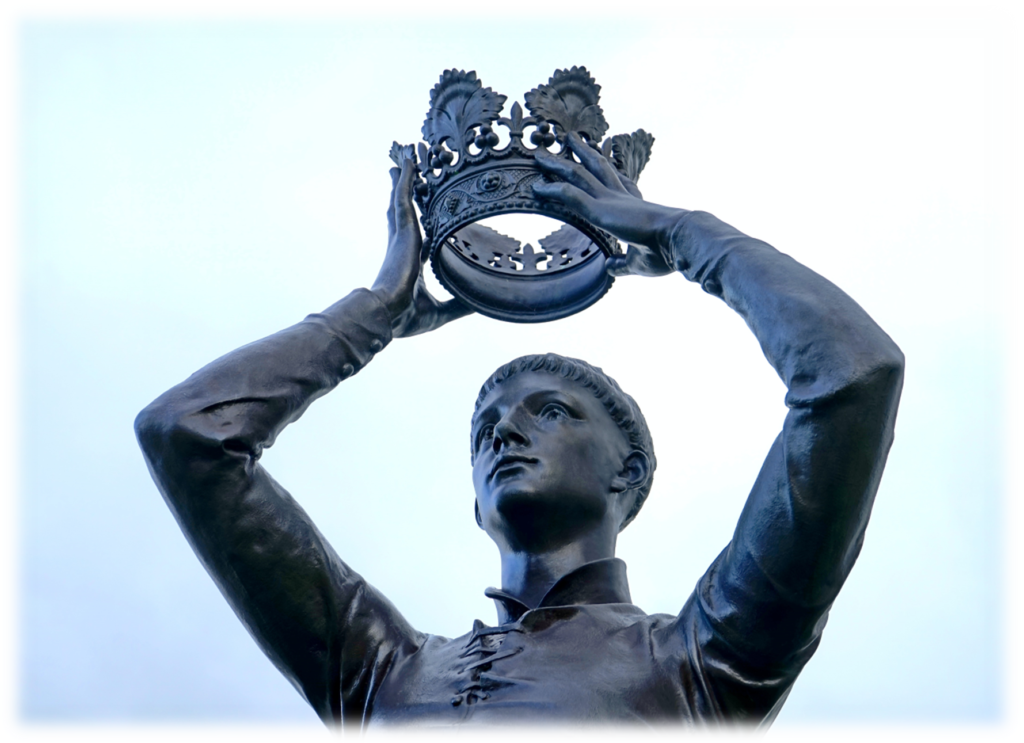
One of the main tenets of critical theory is the claim that the main motivation which drives history and human psychology is a lust for power. Instead of looking at things at face value, critical theory helps uncover hidden agendas and helps us to see through the rhetoric of marketing, politics, literature, religion, and other institutions so that we can observe how they are manipulating us. However, this theory is only one lens through which we can view the world and it is often overly simplistic. There are other human motivating factors that can explain people’s actions besides their lust for power. People are also motivated by practicality, love, and piety toward God.
Why is this important for the Christian? It is important because many people apply critical theory to the church. Sometimes Christianity deserves it, though. The catholic church especially has a history of being power hungry and striving for control rather than trying to love God, love others, and keep his commandments. Churches of Christ are also not completely blameless. We ought to join the critics of the church when they speak the truth of the evils done by professed “Christians” for the sake of power.
However, we also need to apply this critical theory to our own lives and our own congregation. Are we seeking after more power and more control over others? Are we trying to use God’s church to benefit ourselves, to gain more wealth and influence? Do we see our leaders manipulating us so that we give them more power rather than them empowering us? Christians are called to scorn power, to look at it as though it is nothing. Christ did that when he came to earth as a humble human being (Phil 2:5–9). He also said that those who serve and are least in this world are greatest in the kingdom of heaven. I urge you, do not fall for Satan’s trap and desire more power. God has given us enough power through his Son and through his Spirit. Let us be satisfied with whatever power we have and use it to serve others and build one another up.

